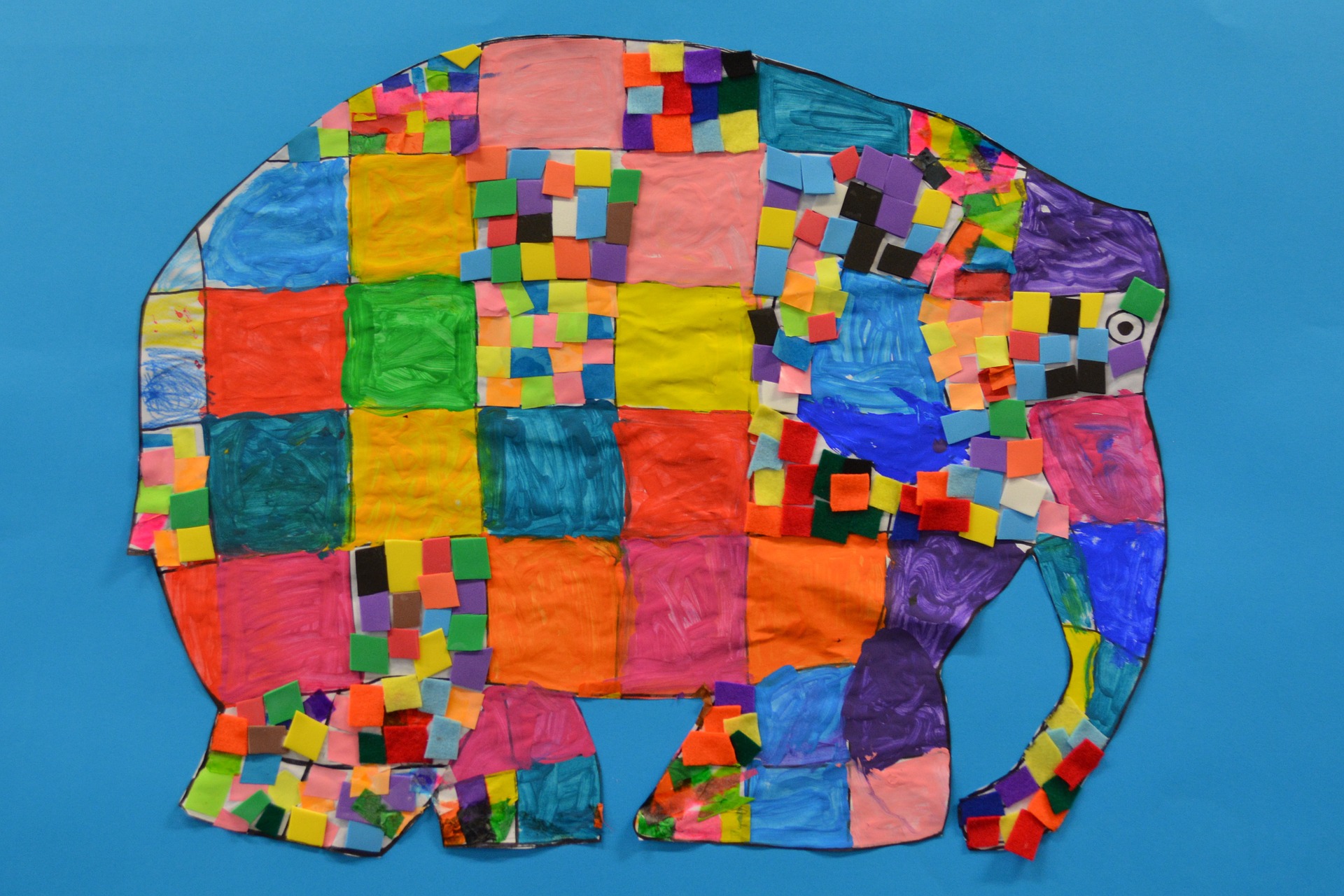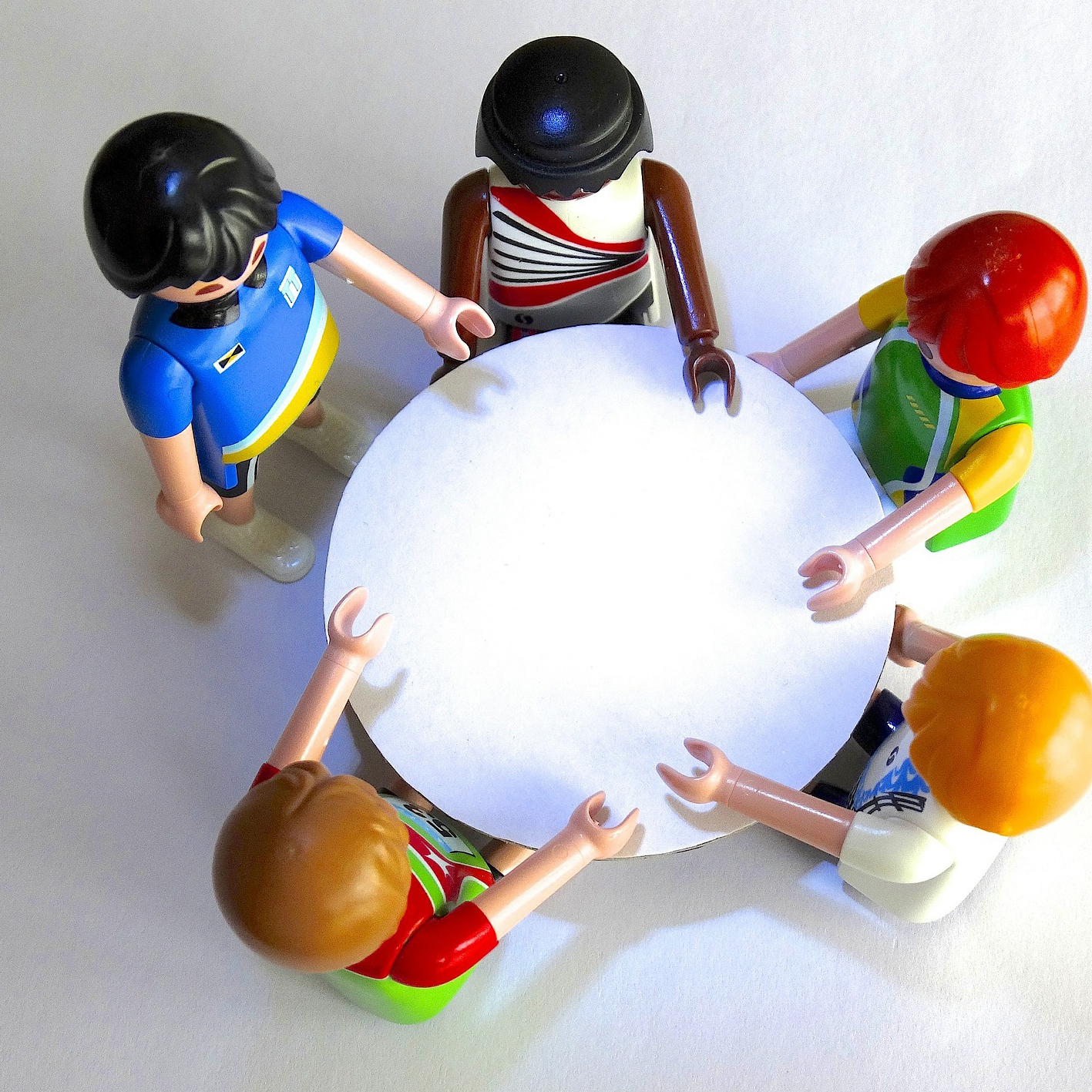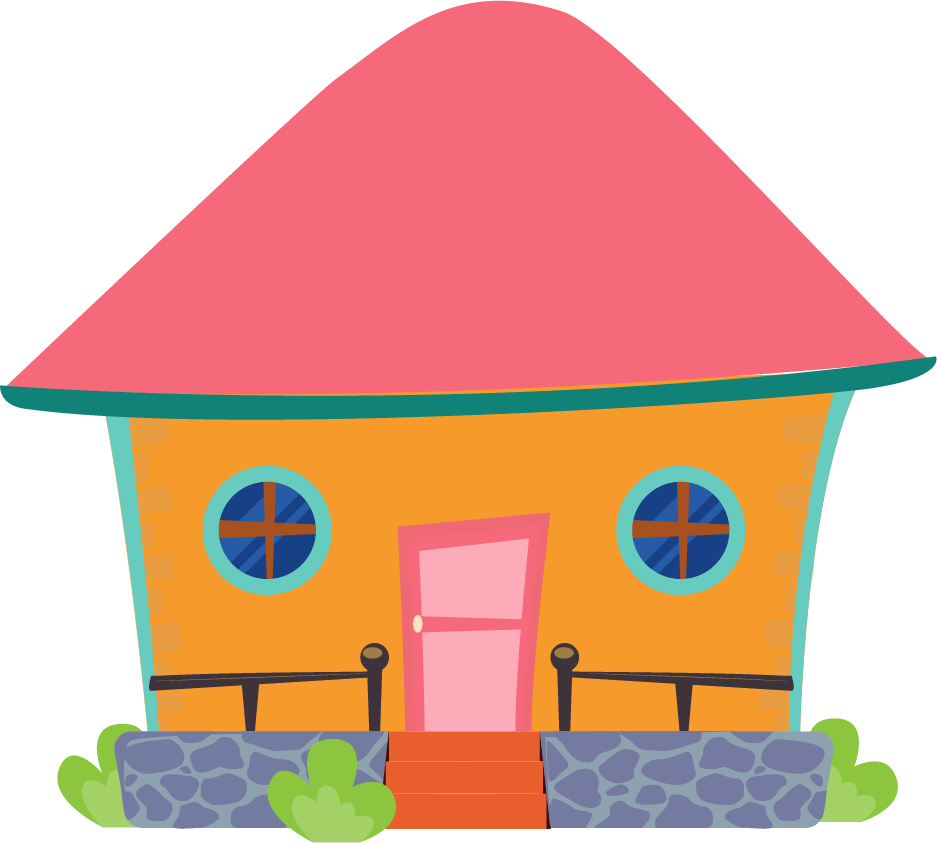Why it's important to teach not only language but culture.
Intercultural Learning

English lessons, in a classical way, take place in artificial language classrooms. Course books for school are designed for language learners, not necessarily for language speakers.
In the Little English House, children work together with mostly English native speakers to ensure a natural and authentic conversation. In the early stages of language learning, students are of course not able to make conversations fluently. After all, the teacher needs to navigate the lesson and the talking into a certain direction. However, our approach is not teacher-centred nor learning-centred - it is learner-centred. The focus is on the learners, the students, the children.
In the ‚real world‘ speakers meet other speakers in different situations, different places etc. Every conversation in which people need to use a second language is different.
In the Little English House, we try to bring the ‚real world‘ into our classrooms - we are giving the children as much authentic input as possible. Considering their own preferences and strengths as well as their age and knowledge level.
On top of that, we are not stopping at teaching children to speak English, we want to make children to ‚intercultural speakers‘. One might ask ‚Intercultural speakers? What’s that?‘. The British linguist Michael Byram established the term in the late 90s. In his opinion, an intercultural speaker should possess certain skills to be able to speak with a person who doesn’t share the same first language, come from different countries and have different cultures.
Byram's ICC-Model





Aus dem Klassenzimmer in die Welt
Im Little English House nehmen wir dieses Konzept sehr ernst. Wir möchten, dass Kinder mit offenen Augen durch's Leben gehen. Sie sollen die Vielfalt erkennen und zu schätzen wissen.
In anderen Sprachlerninstituten lernen die Kinder Feiertage aus anderen Kulturen, wie Halloween oder Christmas kennen. Bei uns ist das kulturelle Verständnis tiefgreifender. Denn auch schon in unseren kleinen Gruppen sind verschiedene Kulturen zu finden. Auch diese wollen erkundet, erforscht und verstanden werden. Von sich selbst auf andere und von anderen auf sich selbst - so können die Kinder die Welt begreifen und in ihr leben, miteinander. Bei uns, im Little English House, werden die Kinder dazu animiert, zu interessierten, aufgeschlossenen und unvoreingenommenen Menschen zu werden.
Leben wir doch auf einer Welt, einer sehr interessanten und vielfältigen Welt, die wir mit allen Menschen gleichermaßen teilen.
For further reading, please look at: Müller- Hartmann, Andreas / Schocker-von Ditfurth; Marita (2007). Introduction to English Language Teaching. Stuttgart: Klett.




